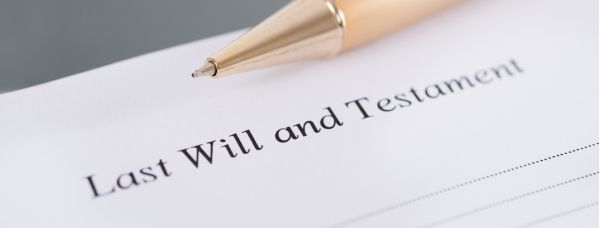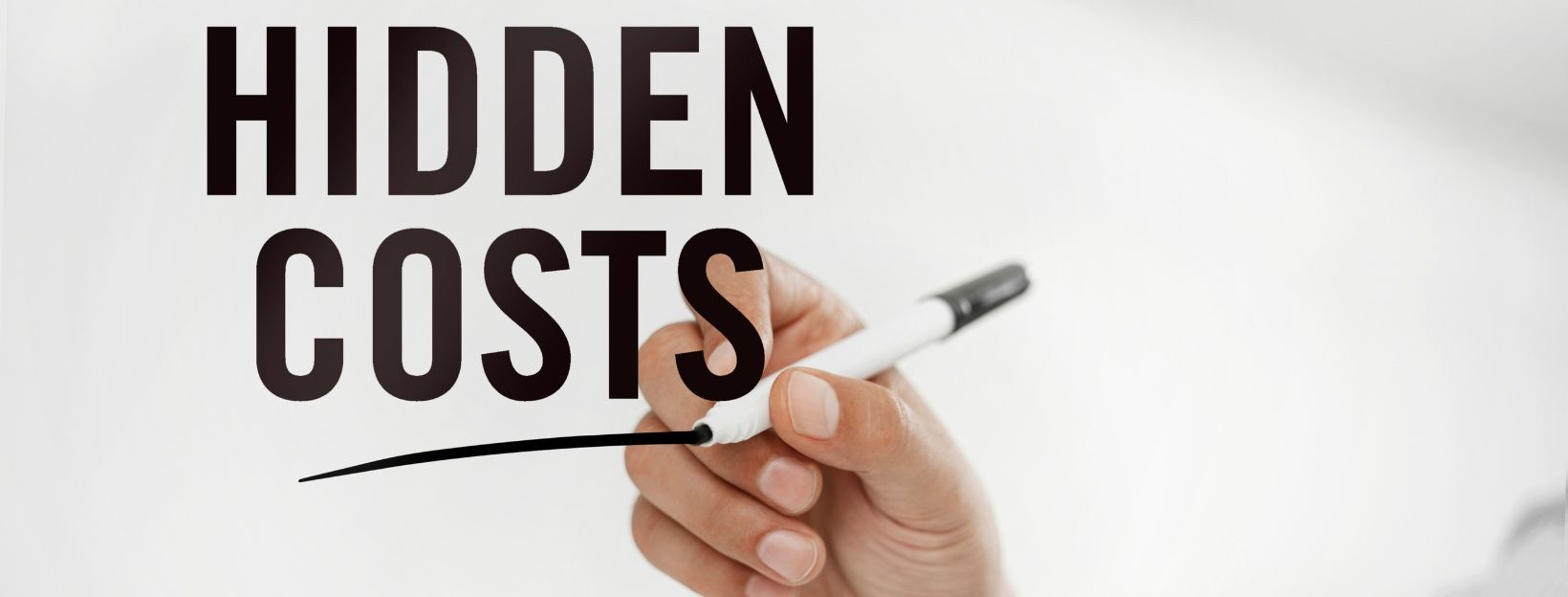Creating an estate plan is one of the most important steps you can take to protect your assets and provide for your loved ones after you pass away. However, many people are tempted to use do-it-yourself (DIY) estate planning documents in an effort to save money. While this approach may seem cost-effective in the short-term, it can lead to costly mistakes and complications down the road.
Why Professional Estate Planning Matters
Estate planning involves making critical decisions about how your assets will be distributed and who will manage your affairs when you are no longer able to do so yourself.
Some key reasons to work with an experienced estate planning attorney include:
- Tailoring documents to your specific needs and circumstances
- Ensuring your plan complies with state legal requirements
- Coordinating probate and non-probate assets in a comprehensive strategy
- Updating your plan as needed to reflect life changes like marriage, divorce, births, incapacity, and deaths
- Providing guidance on complex situations like special needs planning, tax reduction, and multi-state/international issues
What's Included in a Comprehensive Estate Plan
A well-rounded estate plan goes beyond just creating a will.
Key components often include:
- Will
- Specifies asset distribution, names an executor, and designates guardians for minor children
- Living Trusts
- Allows assets to be transferred outside of probate, which can be time-consuming, public, and expensive
- Durable Financial Power of Attorney
- Appoints someone to manage your finances if you become incapacitated
- Healthcare Directives
- Includes a living will stating your medical care preferences and designates someone to make healthcare decisions on your behalf
- Beneficiary Designations - Allow certain assets like retirement accounts and life insurance to transfer directly to heirs outside of probate
Working with an attorney allows you to determine which documents and strategies are most appropriate for your unique situation.
The Pitfalls of DIY Estate Plans
While DIY estate planning may be suitable in very limited circumstances, there are many potential issues that can arise:
- Lack of Customization - DIY templates provide one-size-fits-all solutions that may not reflect your true wishes or account for your family dynamics. For example, dividing assets equally between children may seem fair initially but lead to conflict if those assets appreciate at different rates over time.
- Failure to Comply with Legal Requirements - Estate planning documents must use very specific legal language to be enforceable. Vague wording in a DIY will could render it invalid. Each state also has its own laws governing estate plans that must be adhered to.
- Incomplete Asset Coordination - Your will only controls assets solely owned in your name. Without professional guidance, you risk leaving assets uncoordinated, forcing your heirs to sort out the details through a lengthy probate process.
- Not Keeping Up with Life Changes - As your life circumstances evolve, your estate plan needs to be updated accordingly. It's easy to set-and-forget a DIY plan, potentially disinheriting loved ones after events like divorce if documents aren't properly revised.
- Leaving Out Important Provisions - A DIY plan likely won't have all the provisions needed to thoroughly address things like blended families, unmarried couples, special needs beneficiaries, business ownership, creditor protection, tax planning, and more.
How an Estate Planning Attorney Can Help
If you've started your estate planning process with a DIY will or template, an experienced attorney can review it to identify areas for improvement. They will discuss your goals, family dynamics, and assets in-depth to craft a comprehensive plan tailored to your needs.
In addition to their technical legal expertise, an estate planning lawyer serves as a counselor to guide you through difficult decisions. They can advise on selecting the most reliable and appropriate representatives to carry out your wishes. Ongoing reviews of your plan will ensure it remains up-to-date as your life and the laws change over time.
While it may be tempting to take a DIY approach to estate planning, the potential pitfalls can end up costing your loved ones much more than what you save upfront. Investing in professional advice is the best way to achieve true peace of mind in knowing your affairs will be handled smoothly and successfully. If you have questions about establishing or updating your estate plan, please contact our office to schedule a consultation with one of our knowledgeable attorneys.
more news you can use



Still have questions?
Tell us about your situation.

Centrally Located in Brighton
near Cobbs Hill:
1399 Monroe Avenue,
Rochester, NY 14618
Map & Directions
Weekly News & Updates
Subscribe now and get our FREE Guide, "The Top Eight Mistakes People Make with Medicaid Qualification"
Rochester Elder Law
All Rights Reserved
Legal Disclaimer: The information on this website is for general purposes only and is not legal advice. Content may change without notice. Please consult an attorney for guidance on your specific situation. Contacting us does not establish an attorney-client relationship. Do not send confidential information until a formal attorney-client relationship is established. This site may contain attorney advertising. Prior results do not guarantee similar outcomes. By using this site, you agree to this disclaimer.







